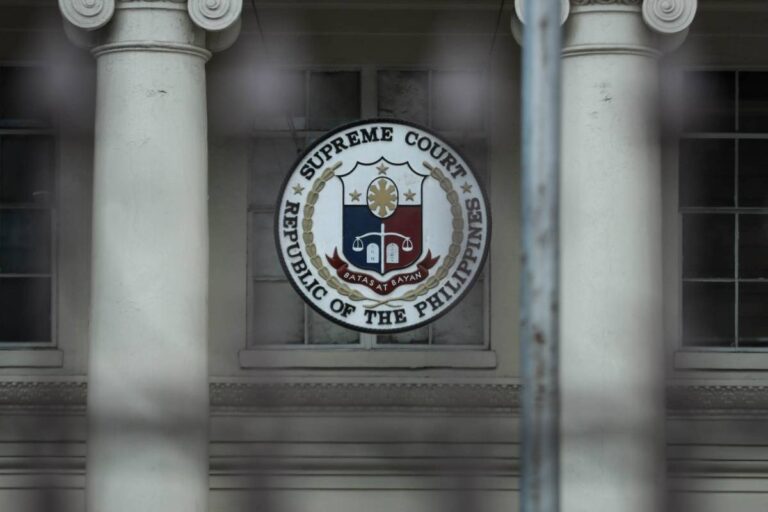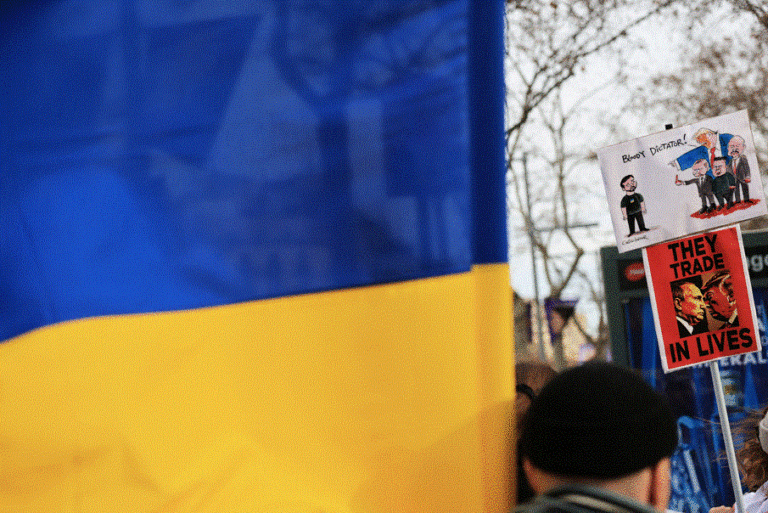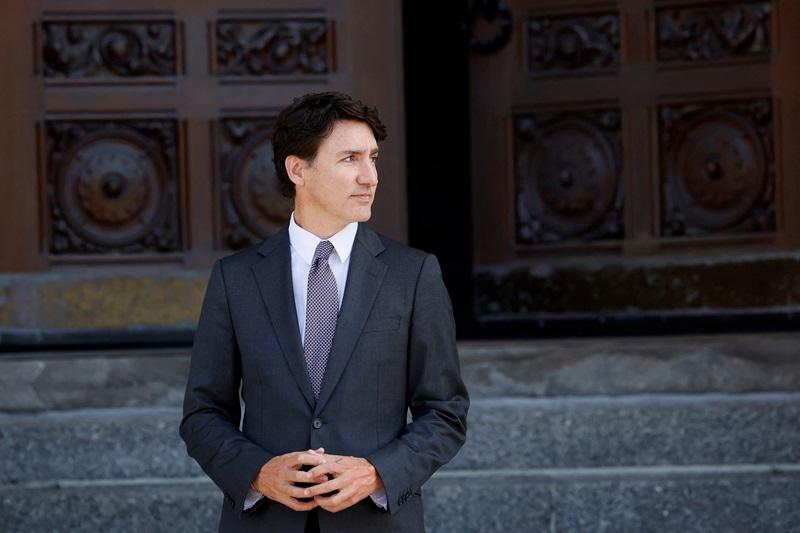OTTAWA — Canadian Prime Minister Justin Trudeau’s leadership is under serious threat after a major political ally announced plans to topple his minority Liberal government, potentially triggering an election early next year.
What Happened?
On Friday, Jagmeet Singh, the leader of the New Democratic Party (NDP), declared that he would introduce a formal motion of no-confidence against Trudeau’s government. The motion is set to be presented when Canada’s House of Commons returns from its winter break on January 27.
Singh’s NDP has been supporting Trudeau’s minority government, helping him stay in power. If all opposition parties unite behind Singh’s motion, Trudeau could lose his position as prime minister, paving the way for a federal election.
Why Does This Matter?
If an election happens, polls suggest Trudeau’s Liberal Party could face a major defeat. Many Canadians are frustrated with rising costs, a housing crisis, and what they perceive as government inaction. Recent surveys indicate that the right-leaning Conservative Party is the front-runner and could replace the Liberals in power.
Why Is Singh Taking Action?
Singh criticized Trudeau for prioritizing the interests of big businesses over everyday Canadians. “No matter who is leading the Liberal Party, this government’s time is up,” Singh said. He vowed to push for change through the no-confidence motion.
What Are Other Parties Saying?
• Yves-François Blanchet, leader of the Bloc Québécois, has committed to supporting Singh’s motion, saying Trudeau’s government cannot survive.
• The Conservative Party has long been calling for an election and is eager for this opportunity to challenge Trudeau’s leadership.
What Is Trudeau Doing?
Despite the mounting pressure, Trudeau has not publicly responded to Singh’s announcement. On Friday, he appeared confident, smiling during a cabinet shuffle—a move seen as an attempt to bolster his government’s image. Insiders say Trudeau plans to take the Christmas break to reflect on his political future. However, a formal resignation before January seems unlikely.
Can the Liberals Prepare for an Election?
Replacing a party leader in Canada requires a special convention, which takes months to organize. Even if Trudeau steps down, the Liberals would struggle to select a permanent replacement in time for an election. Running with an interim leader would be unprecedented and risky.
What’s at Stake?
This political turmoil comes at a sensitive time for Canada’s economy. Incoming U.S. President Donald Trump, set to take office on January 20, has promised to impose a 25% tariff on Canadian imports. Such a move could seriously damage Canada’s economy, which is already under strain.
The premiers of Canada’s 10 provinces are urging the federal government to provide stable leadership. They argue that political chaos in Ottawa makes it harder to present a united front against the looming U.S. tariffs.
What Happens Next?
The House of Commons reconvenes on January 27, and the no-confidence motion will be a key moment. If Trudeau’s government falls, Canadians will head to the polls to choose their next leader. Until then, the political drama continues to unfold, with Trudeau’s fate hanging in the balance.


















